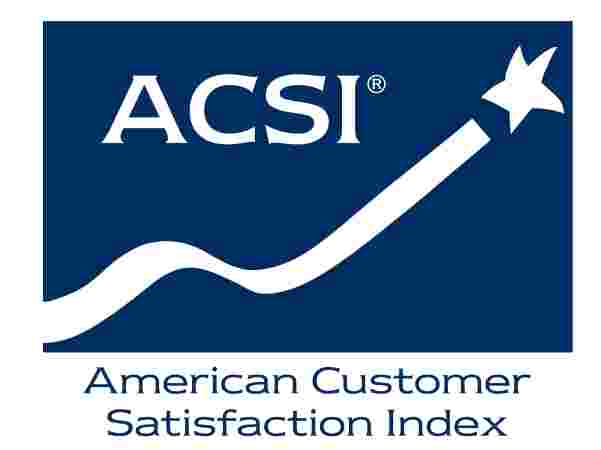
by David Ham June 1, 2023
I will start by stating the obvious, inflation is forcing consumers to make tradeoffs and difficult decisions. This puts businesses in a similar situation. As future revenue becomes less certain, resource allocation becomes trickier. A recent Wall Street Journal article predicted a major slowdown in capital expenditures this year after strong growth following the Covid-19 driven shock of 2020. According to Reuters, Commerce Department data show that businesses are liquidating inventories as they anticipate decreasing demand driven by higher borrowing costs. The challenge, therefore, is for businesses to invest limited resources wisely in order to create sustainable competitive advantages by driving profitable customer loyalty.
The American Customer Satisfaction Index (ACSI®) has consistently been a leading indicator of corporate share price returns. Over the last 15+ years, the ACSI Leaders portfolio has outperformed the S&P 500 by about four-to-one. That time period included two major economic shocks, the “Great Recession” of 2007-2009 and, of course, Covid-19. The ACSI Leaders portfolio has been successful by investing in companies that outperform their industries in terms of science-based measurement of customer satisfaction.
ACSI brings that science to bear for brands looking to invest in customer relationships and build profitable loyalty. The methodology of the ACSI identifies which aspects of the customer experience create the most value for customers, both in terms of product and service quality performance as well as pinpointing the customer base’s priorities for improvement. This reduces risk in customer experience investments by using the same information that has driven the success of the ACSI Leaders portfolio. As budgets tighten all around, this gives executives and other decision-makers confidence that their spending will maximize consumer spending with their brand.
I encountered this firsthand with CFI Group’s work as the exclusive reseller of ACSI services in the US. A client providing technology repair services during the early stages of an economic downturn was on the verge of having to turn away customers because of capacity constraints. The obvious solution would have been to build another repair facility to handle more business, but that would have been very risky given the uncertain economic climate. Customer survey data modeled by CFI Group using the ACSI methodology revealed another option. It turned out the business had been exceeding expectations for turnaround time. The data also showed that status updates during the process even increased customers’ patience for repairs. Leveraging the existing communication channels at various process milestones provided a quick, low-cost solution that allowed the client to handle more repairs in their existing facility, saving them the time and money that would have been needed for a new site.
Beyond the investment confidence ACSI subscribers enjoy, they also receive proprietary, strategic, competitive, customer experience data that supports customer acquisition campaigns by understanding competitors’ strengths and weaknesses. Besides making science-based decisions on CX quality factors, organizations can market their relative ACSI performance strengths to signal their commitment to providing superior products and services.
For more information about the ACSI and how it can help your business make smarter investments in building profitable long-term customer relationships that withstand inflationary periods and economic uncertainty, please feel free to contact us.


